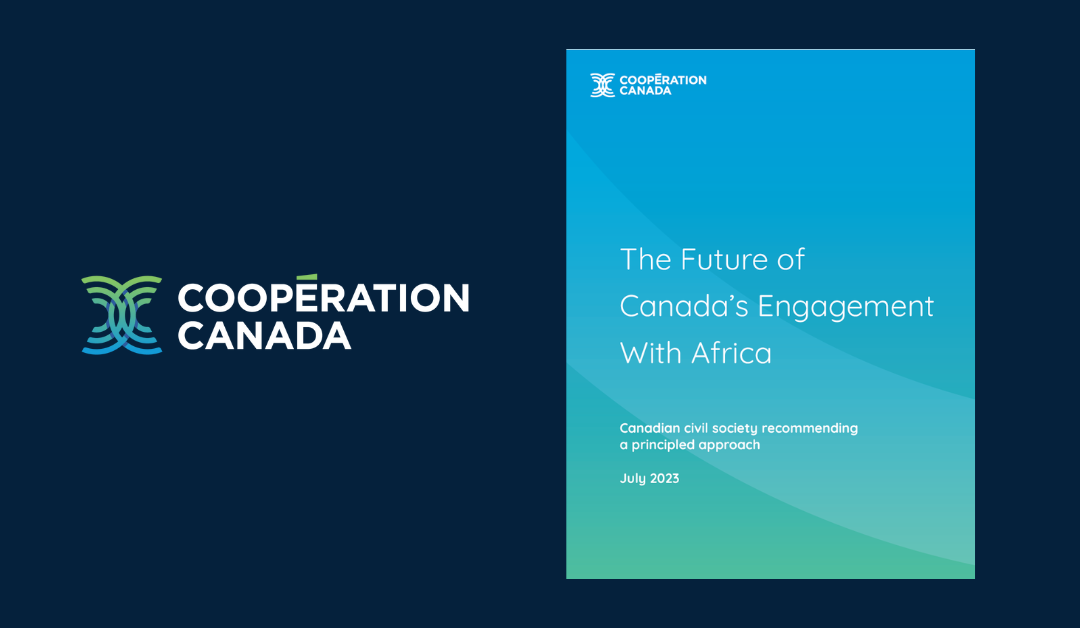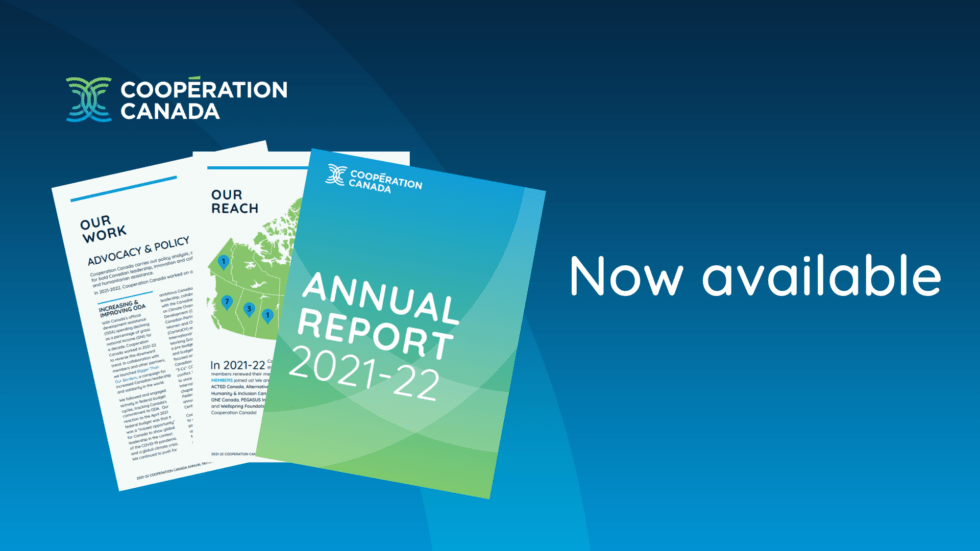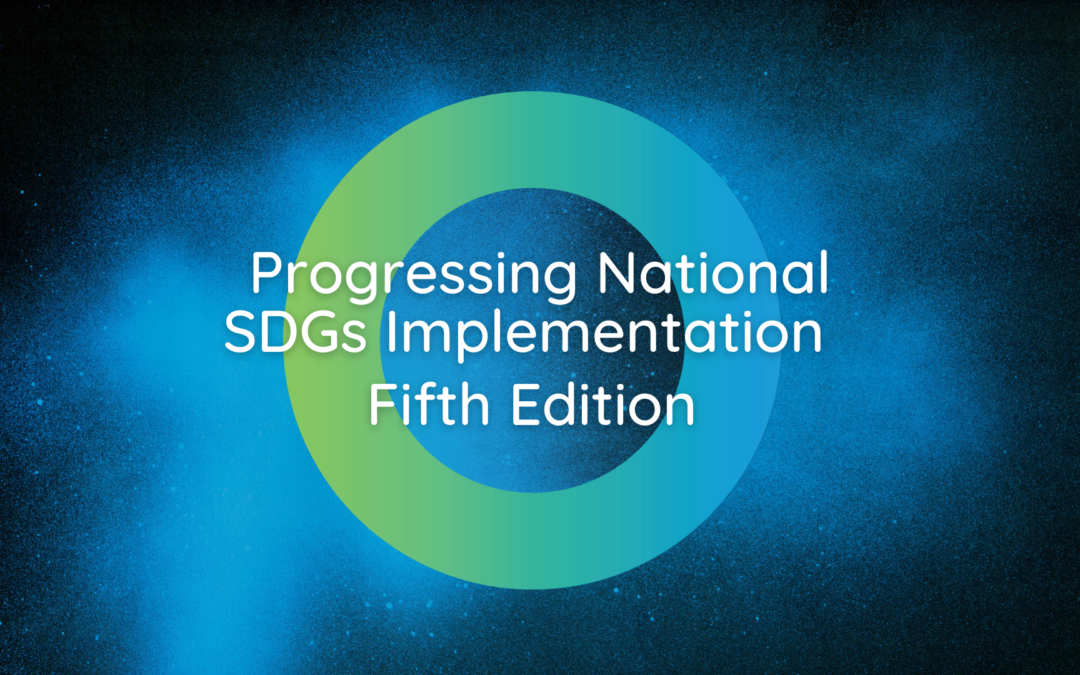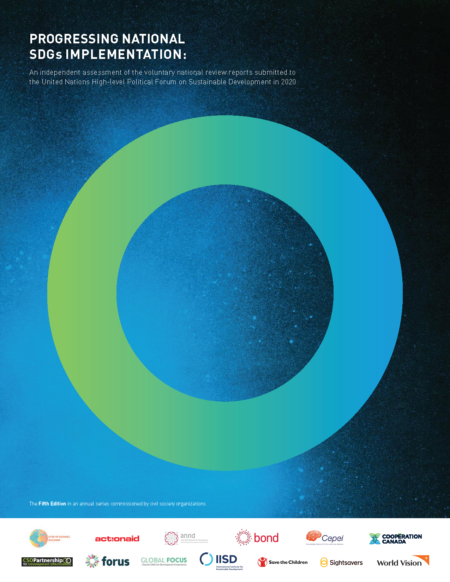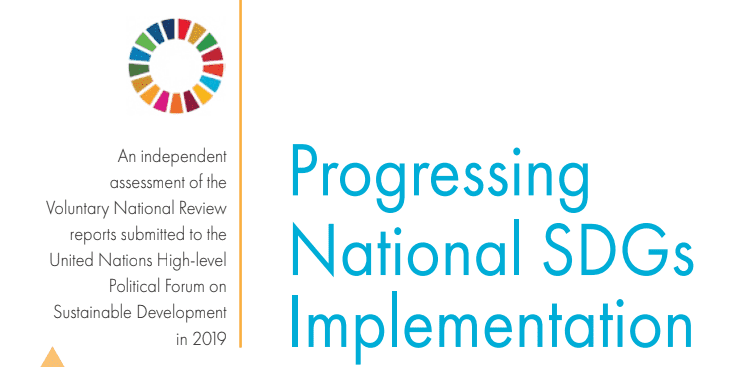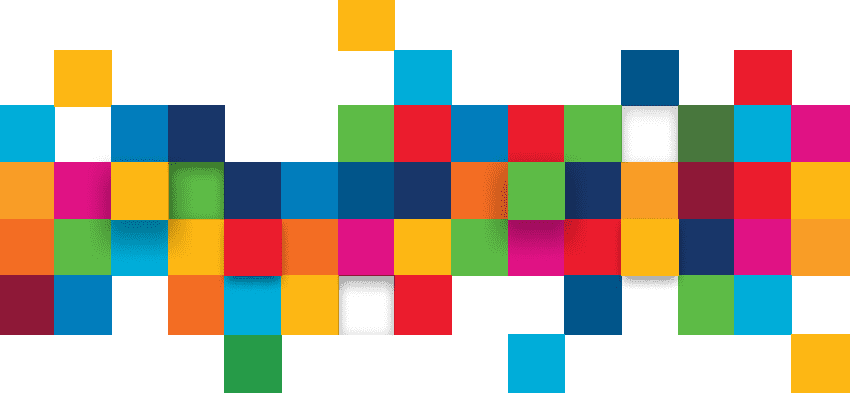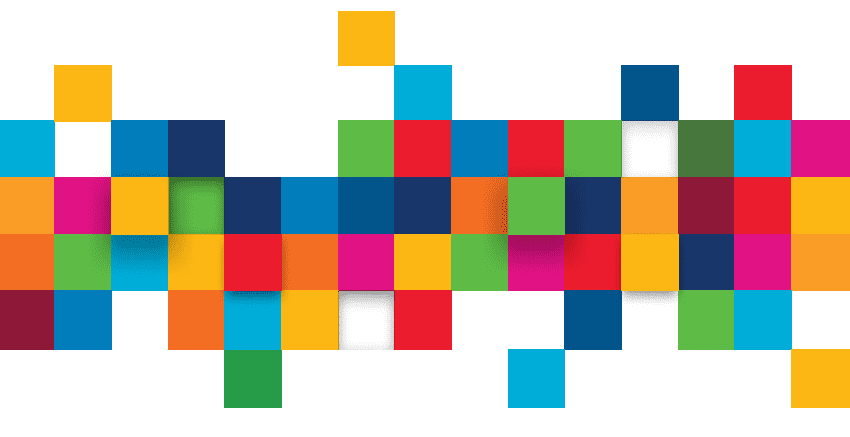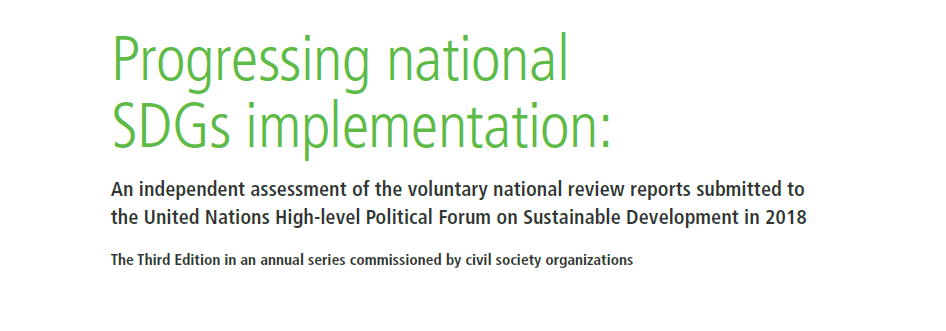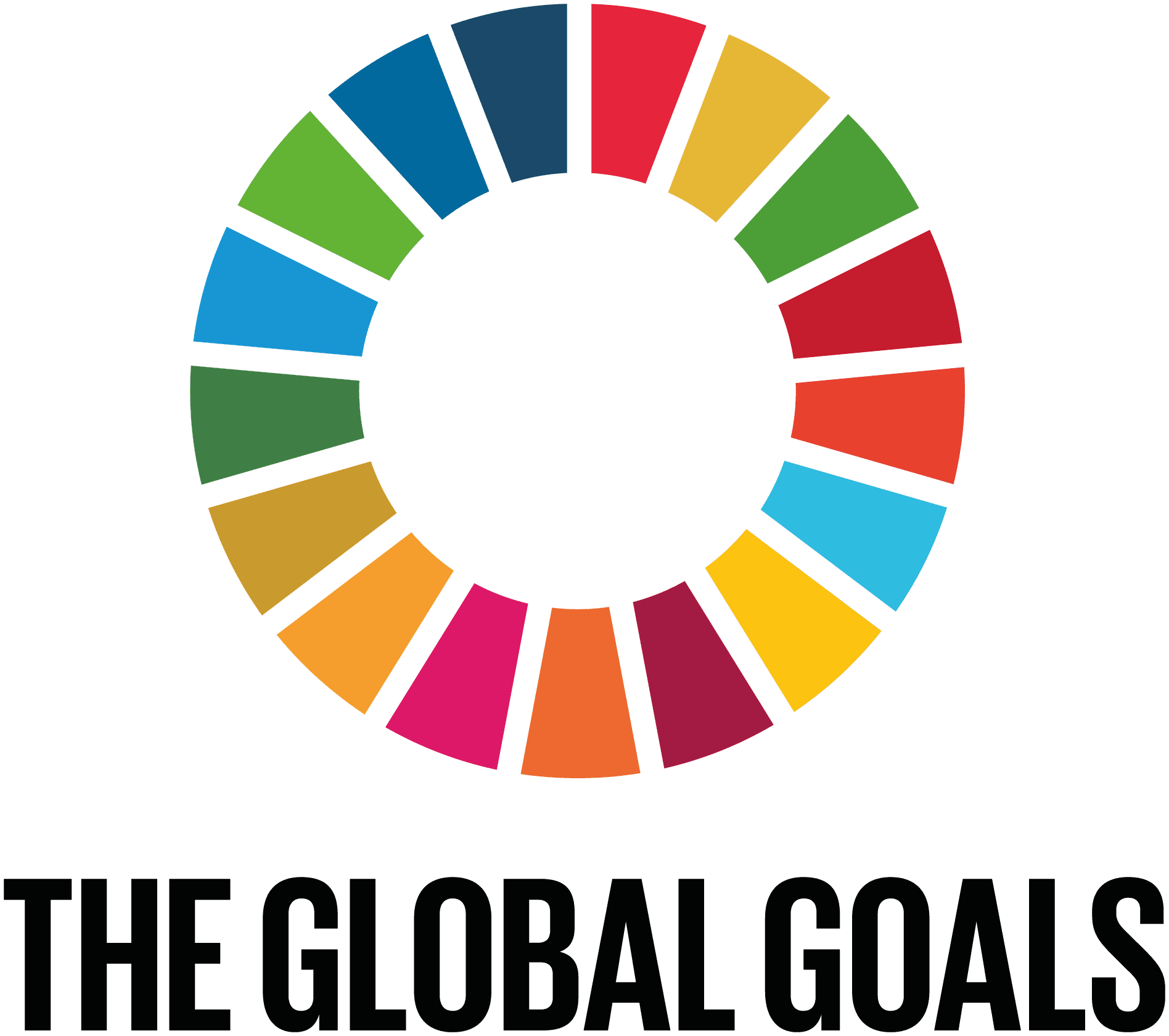The Progressing National SDGs Implementation report provides an independent analysis of reporting by United Nations Member States to the High-level Political Forum on Sustainable Development (HLPF). Supported by a coalition of civil society organizations from around the world and prepared by Cooperation Canada, the report examines the current status of 2030 Agenda implementation, unpacks trends in reporting and identifies good practice.
The fifth edition of the report (2020) showcases positive trends with respect to reporting on partnerships, including the role played by civil society, and policy coherence. However, it also underlines the continued silence by Member States in Voluntary National Review reports on closing of the civic space, as well as the lack of reference to national accountability mechanisms. Moreover, this year’s report discusses the impacts of the COVID-19 pandemic on overall implementation of the sustainable development goals (SDGs).
The interactive, global launch webinar (March 31st, 2021) outlined key findings from the report, offered reflections from representatives from governments, the United Nations, and global and national civil society organizations on the findings and reporting experiences. Moreover, participants provided insights on opportunities for engagement by civil society and other stakeholders at the HLFP and in VNR processes in 2021.
